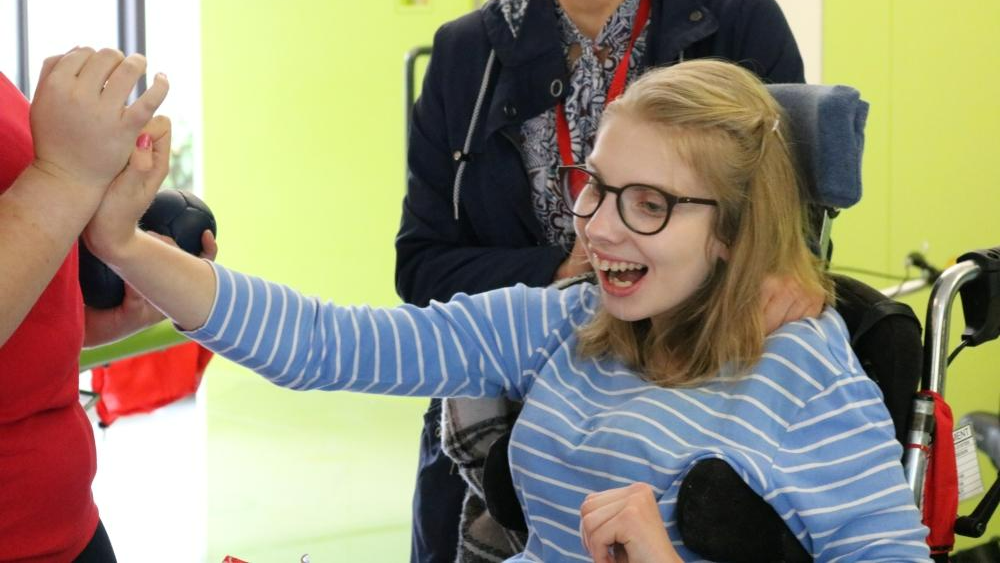
Residential rehabilitation
We offer a range of residential brain injury rehabilitation services for children and young people with acquired brain injury (ABI).
Jacob had surgery in March 2020, but the COVID-19 pandemic meant recovery time in hospital was cut short and Jacob had to return home. Jacob was offered rehabilitation at The Children’s Trust – mum Katie describes it as ‘life-changing’.
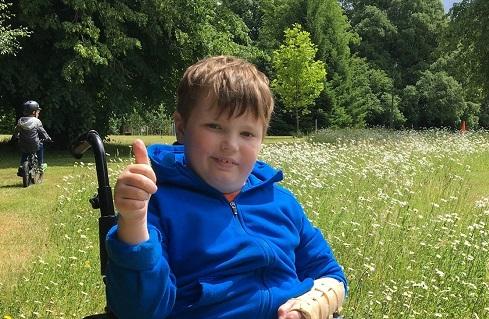
Published: March 2021. Date of brain injury: March 2020 (aged 9).
Following diagnoses of absence seizures and electrical status epilepticus, Jacob had surgery in March 2020. Mum Katie shares their story:
Jacob was born with a mild hemiplegia (left-sided weakness) and was diagnosed with absence seizures when he was three years old. He was a happy, active little boy who loved Lego and playing with his friends.
When Jacob was around six years old his behaviour began to change; he struggled to concentrate at school and became increasingly distressed and anxious. This coincided with an escalation in absence seizures and we were referred to Birmingham Children's Hospital. An overnight EEG and MRI brain scan confirmed the devastating diagnosis of electrical status epilepticus in sleep. Every time Jacob fell asleep his brain was falling into a constant seizure pattern and the frequency and severity of these seizures were beginning to cause brain damage.
We were told Jacob's seizures were coming from the right side of his brain and a hemispherectomy was the only treatment option – the right side of his brain would be disconnected; there was a 70% chance this would stop his seizures from causing further damage. Jacob would lose the use of his left hand, lose his peripheral vision and sustain significant weakness to the left side of his body. It was an unbelievably hard decision to face as parents.
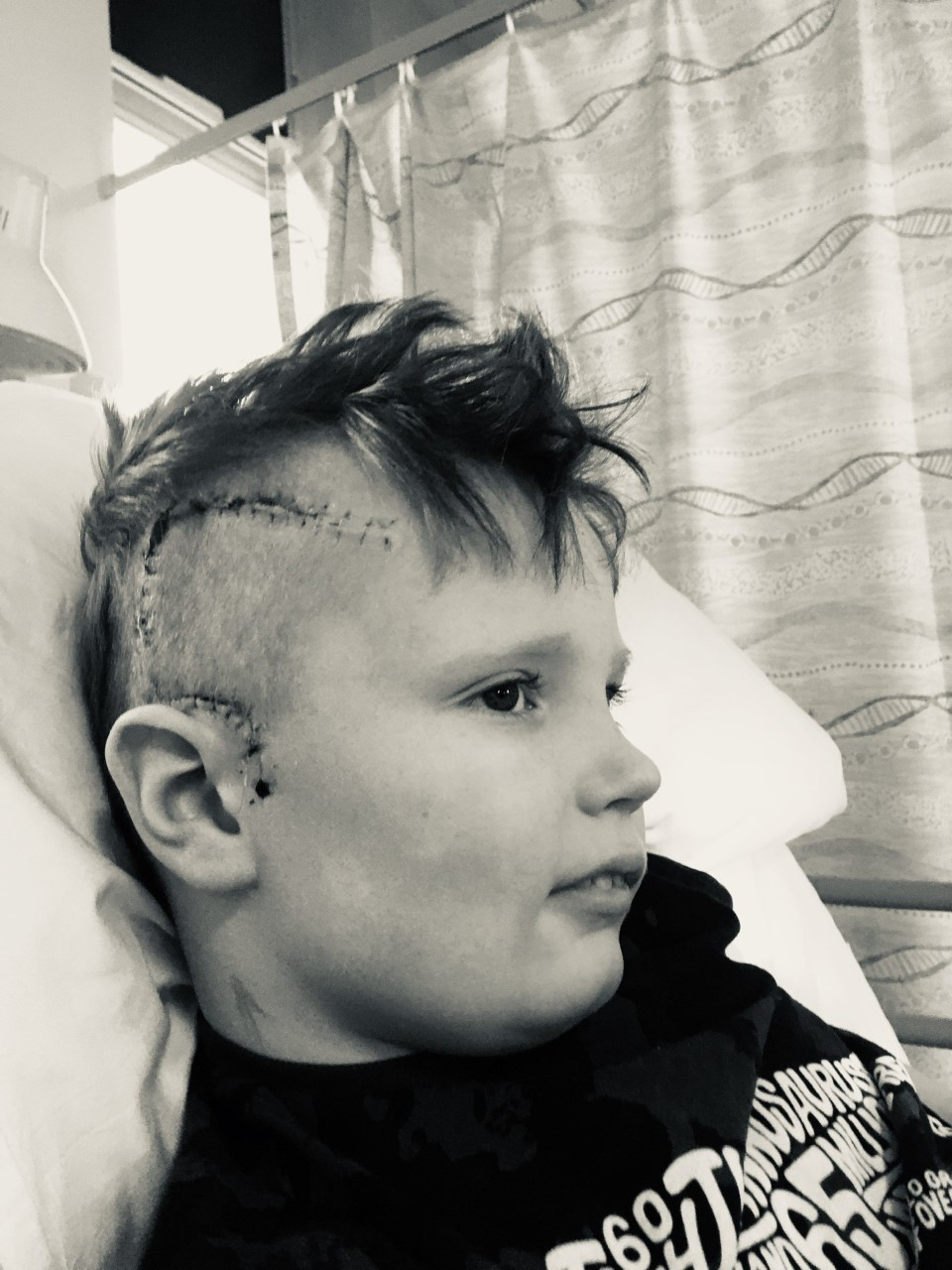
Jacob's surgery took place in March 2020, just as we entered the first lockdown. We were told he would be an in-patient for up to three months, but he was discharged home after only four weeks because of COVID; at this point he could not sit unaided. We had a hospital bed set up in our living room and we continued his rehabilitation with the support of his medical team via video link.
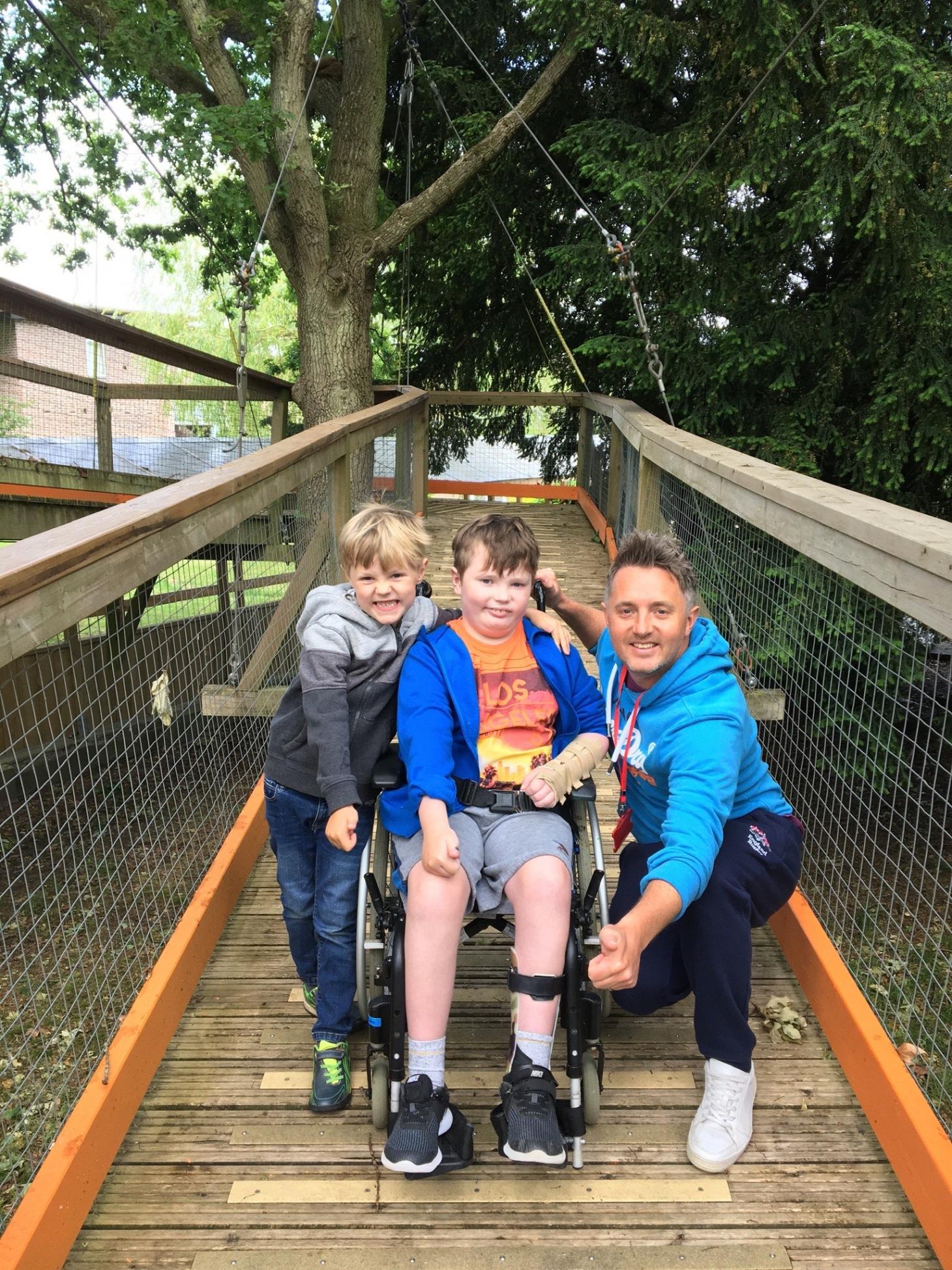
In June 2020, Jacob was offered a two-month rehabilitation placement at The Children's Trust. This was life-changing for Jacob and for our family. Within a week Jacob took his first steps and his confidence soared.
Jacob's treatments included daily physiotherapy sessions, but these were not limited to exercises. He learnt to ride an adapted bike, worked on his balance and coordination by playing virtual ball games, regained the ability to roll over and manoeuvre himself on the floor by playing in the specialist soft play. Jacob’s favourite activity was Glitter Group – a weekly dance session with bubbles and music!
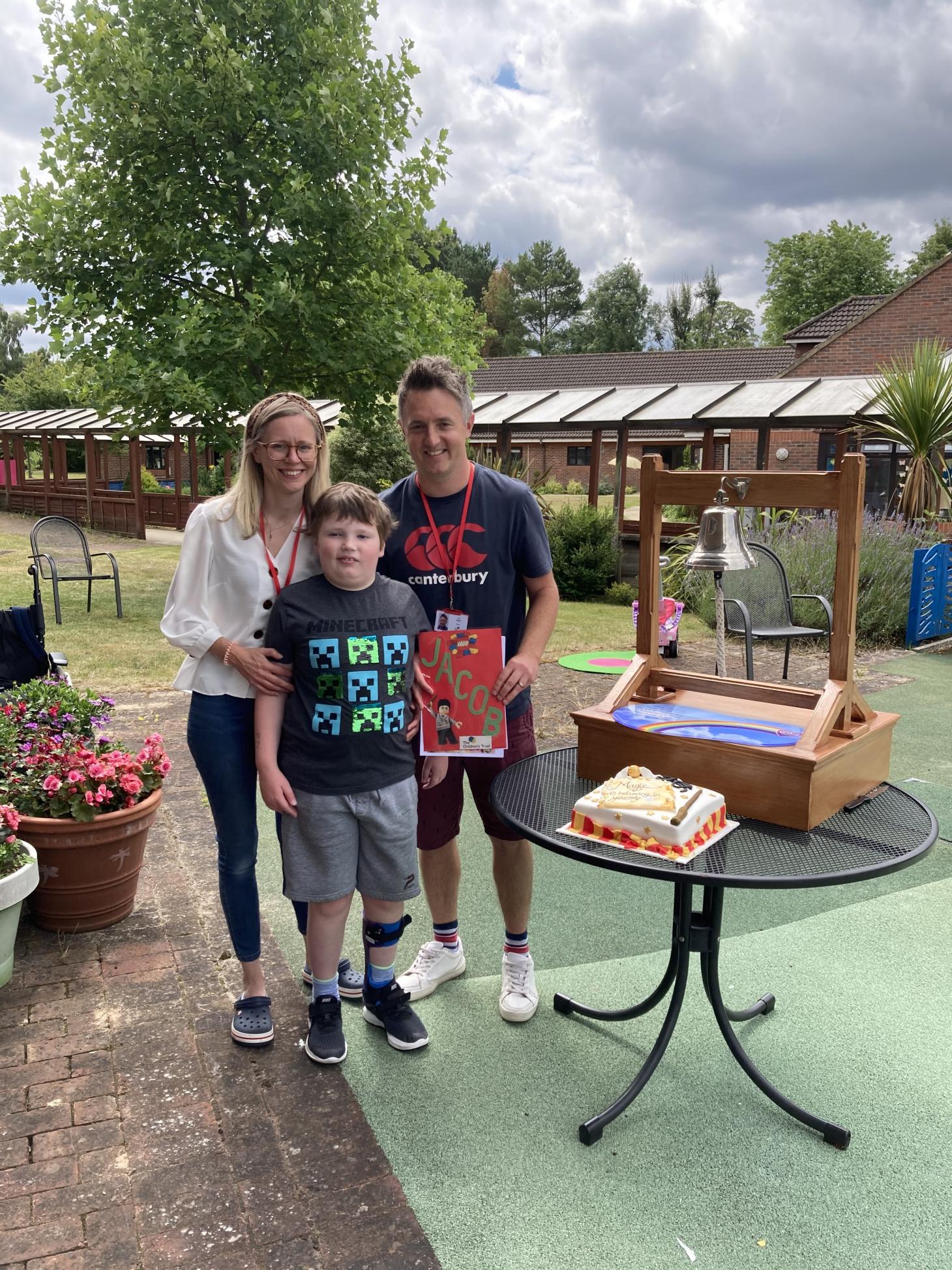
Jacob also had regular speech therapy (he had facial palsy post-surgery), which involved lots of games and role play (many of these games were messy – he made a Harry Potter potion!). One of Jacob’s goals was to play Lego again; he started Lego therapy, which was also a hidden tool to support regaining his short-term memory.
As well as physical rehabilitation, Jacob received emotional support (as did we as his parents). Jacob also joined the school (Surrey Teaching Centre, which provides education for the children having rehabilitation at The Children’s Trust), and while all his lessons were delivered remotely we had a glimpse of his academic abilities gradually returning post-surgery.
Above all, Jacob had a lot of fun and was a happy motivated boy! Our faith in his recovery and what his future may hold was restored.
Thank you to the Children’s Trust from the bottom of our hearts x

We offer a range of residential brain injury rehabilitation services for children and young people with acquired brain injury (ABI).
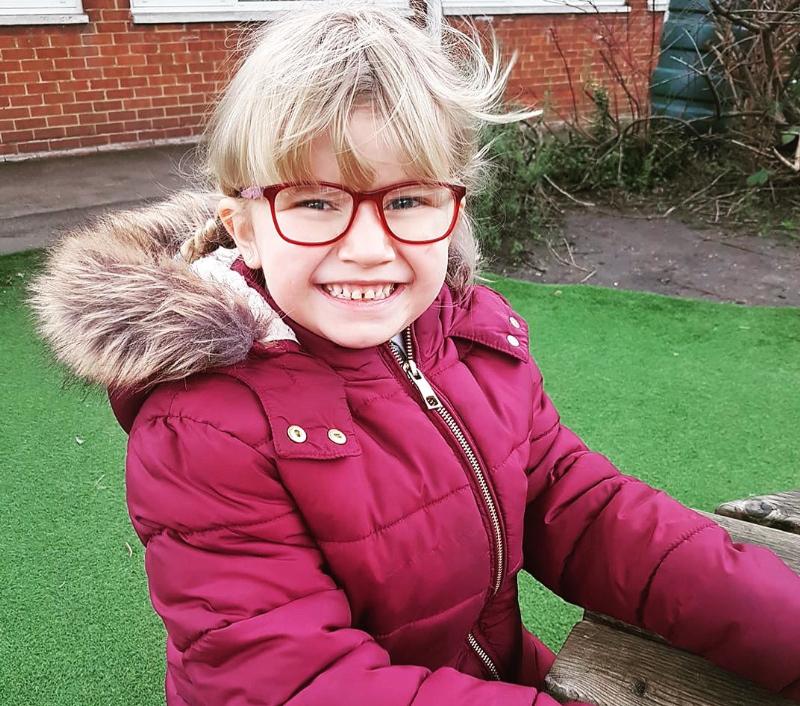
The Children's Trust Community Rehabilitation Service provides specialist goal-orientated neurorehabilitation delivered in the child's environment. Our ultimate goal is to maximise the child's participation in everyday life.
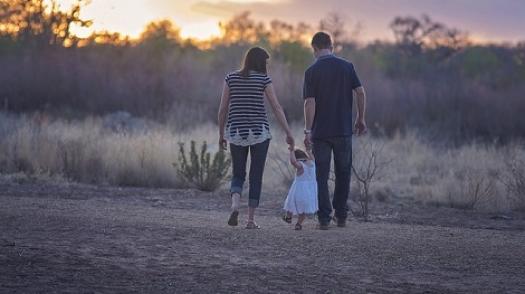
Share your family's story. First-hand experiences are invaluable for families caring for a child with a brain injury.